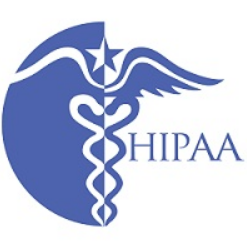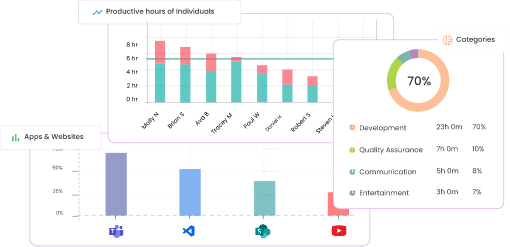Snovasys Software Solutions is committed to protecting the privacy and security of our customers' health information. As a software development and consulting company that works with healthcare organizations, we understand the importance of complying with the Health Insurance Portability and Accountability Act (HIPAA).
To self-certify our compliance with HIPAA, we have taken the following steps:
1. We have implemented administrative safeguards to ensure that our employees are trained on HIPAA requirements and are aware of their responsibilities to protect sensitive health information. Our policies and procedures cover areas such as security awareness training, access controls, incident response, and contingency planning.
2. We have implemented physical safeguards to protect the facilities where electronic protected health information (ePHI) is stored and accessed. Our physical security measures include locks on doors, alarms, and access controls.
3. We have implemented technical safeguards to protect the computer systems and networks used to store and access ePHI. Our technical security measures include access controls, encryption, and audit controls.
4. We conduct regular risk assessments to identify and address potential vulnerabilities in our systems and processes. We take steps to mitigate any identified risks, and we document our risk assessment findings and mitigation efforts.
5. We ensure that our business associates, including vendors and other third parties who have access to ePHI, are also compliant with HIPAA. We have a process in place to verify the HIPAA compliance of our business associates, and we maintain documentation of these efforts.
6. We maintain documentation of our compliance efforts, including policies and procedures, risk assessments, and training records. This documentation is reviewed and updated as necessary to ensure ongoing compliance with HIPAA.
7. We have appointed a Privacy Officer and a Security Officer who are responsible for overseeing our compliance efforts under the HIPAA Privacy and Security Rules, respectively. Our Privacy Officer and Security Officer ensure that our policies and procedures are up-to-date and that our employees receive regular training on HIPAA requirements.
8. We have implemented a breach notification process to ensure that we promptly notify affected individuals, the Department of Health and Human Services, and any other required parties in the event of a breach of unsecured ePHI.
9. We have implemented a process for responding to requests for access to ePHI, as required by the HIPAA Privacy Rule. Our process ensures that individuals are able to access and obtain copies of their ePHI in a timely manner.
10. We regularly review and update our HIPAA compliance program to ensure that we are staying up-to-date with changes to the HIPAA regulations and best practices for protecting sensitive health information.
11. We have implemented procedures for responding to HIPAA-related complaints and violations, and have established a mechanism for individuals to report any suspected violations or breaches of ePHI. Our employees are trained on how to report suspected violations or breaches, and we promptly investigate and address any reported issues.
12. We have implemented procedures to limit access to ePHI to only those employees who need access to perform their job duties. Access to ePHI is granted on a "need-to-know" basis, and we regularly review and update our access controls.
13. We have implemented a process for securely disposing of ePHI in accordance with HIPAA regulations. When we no longer need to retain ePHI, we securely dispose of it in a manner that ensures it cannot be reconstructed or accessed by unauthorized individuals.
14. We have implemented a disaster recovery and business continuity plan that addresses the protection and recovery of ePHI in the event of an emergency or disaster. Our plan includes procedures for backup and recovery of ePHI, alternative methods for communicating with customers, and alternative work locations.
15. We regularly conduct HIPAA compliance audits to ensure that our policies, procedures, and practices remain in compliance with HIPAA regulations. Our compliance audits include reviewing our policies and procedures, assessing our administrative, physical, and technical safeguards, and reviewing our documentation.
In summary, our commitment to HIPAA compliance includes appointing Privacy and Security Officers, implementing administrative, physical, and technical safeguards, conducting regular risk assessments, ensuring business associate compliance, maintaining documentation of our compliance efforts, implementing a breach notification process, responding to requests for access to ePHI, and regularly reviewing and updating our compliance program. We are confident in our ability to protect the privacy and security of our customers' health information in compliance with HIPAA.


